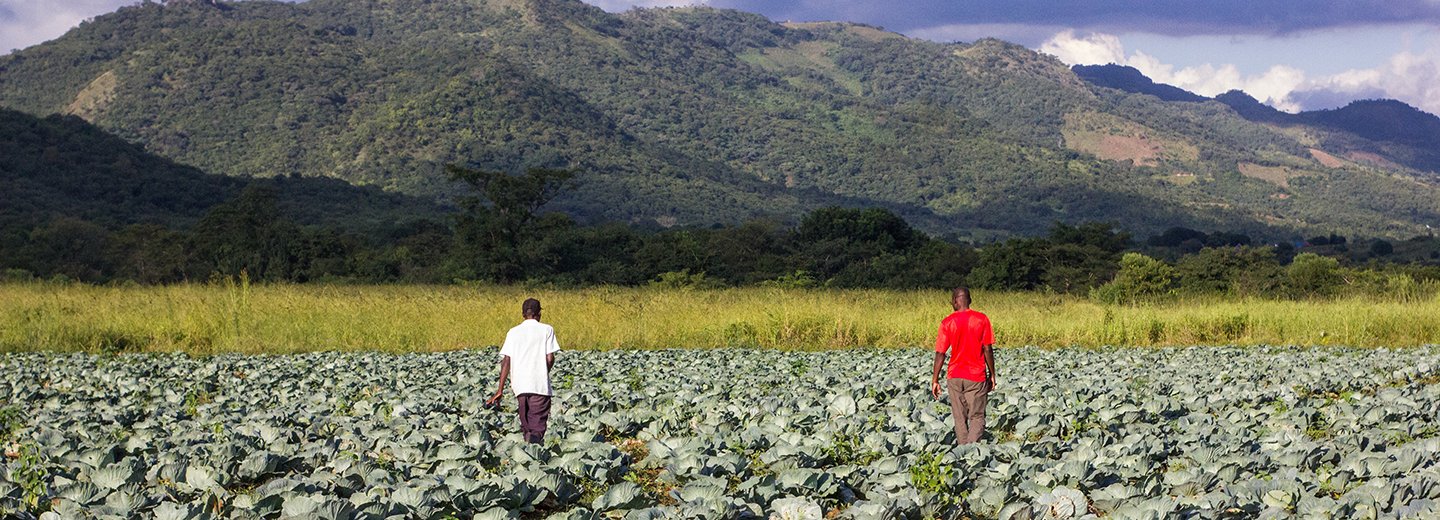Global Issues
Climate Change
Just and sustainable land use and food systems
The Situation
Our Goal
Our Strategy
News and Insights
Women´s Land Rights Initiative
Appeal ‘Stay the course’
A future worth living requires strong climate action and local commitment
Sustainable Diets in Ouagadougou
Nutrition in transition
Transformation on a plate – how initiatives are rethinking our food systems
Bioregional Weaving Lab
Call to Action to the German Government
Protection of the Pacific Islands to become a focus of Germany's foreign climate policy
UN Climate Change Conference COP27
How people across African countries are fighting climate crisis
Munich Security Conference 2023

